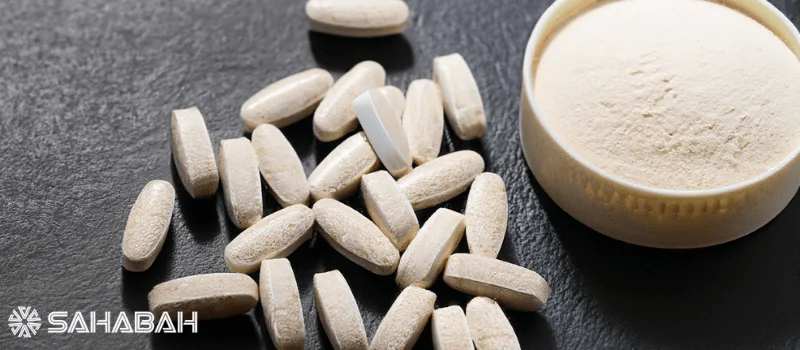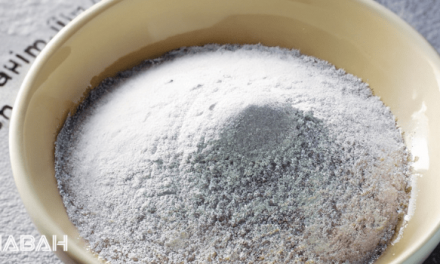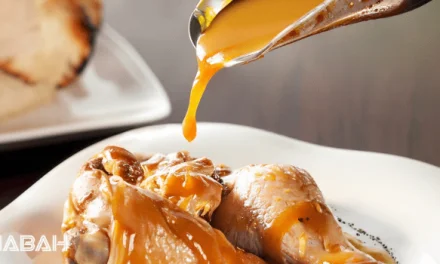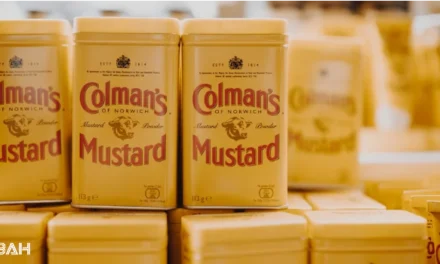As a muslim consumer who values transparency and wants to make informed choices, I was curious to delve into the halal status of Collagen. In this article, I will uncover the truth behind Collagen’s halal certification, providing you with the knowledge you need to confidently enjoy these supplements.
Answering Your Questions
Collagen supplements have surged in popularity in recent years, promoted as an anti-aging wonder ingredient. Collagen is found naturally throughout the body and provides structure to skin, bones, muscles and tendons. As we age, collagen production declines leading to signs of aging like wrinkles and joint pain. This has led to the rise of collagen supplements made from bovine (cow) and porcine (pig) sources.
For Muslims who follow halal dietary restrictions, the halal status of popular collagen supplements is an important concern. Halal refers to what is permissible under Islamic law. The Quran prohibits consumption of pork and alcohol as well as meat that is not slaughtered according to zabiha guidelines. This raises questions around collagen’s halal status:
“Bovine collagen’s halal status depends on how the cows were slaughtered and how the collagen was manufactured and handled.”
The halal status of collagen depends on:
- The source of the collagen (cow vs pig)
- The method of animal slaughter
- The collagen processing and handling methods
| Collagen Source | Halal Status |
|---|---|
| Porcine (pig) | Not halal |
| Bovine (cow) | Variable – depends on slaughter and processing |
This article will analyze the factors that determine whether collagen is halal or not according to Islamic dietary laws.
Background on Collagen
Collagen is the most abundant protein in the human body. It makes up 30% of total protein and 75% of skin.
“Collagen is the glue that holds the body together; without it, we would quite literally fall apart.”
Collagen provides key structural support and elasticity to:
- Skin
- Bones
- Muscles
- Tendons
- Ligaments
- Cartilage
- Blood vessels
There are at least 16 types of collagen in the human body, but 90-95% consist of types I, II, and III.
Collagen production starts declining around age 25. This leads to common signs of aging like:
- Wrinkles
- Stiff joints
- Weakened bones and muscles
This has fueled interest in collagen supplements made from bovine and porcine sources. However, the halal status of these animal-based collagens is not clear-cut.
| Source | Collagen Type |
|---|---|
| Bovine (cow) | Type I and III |
| Porcine (pig) | Type I |
The halal status depends on how the source material is processed and handled, not just the animal it comes from.
Factors Determining if Collagen is Halal
There are three main factors that determine if a collagen supplement is halal:
Source of the Collagen
The source animal matters when determining halal status:
- Porcine collagen derived from pigs is unanimously considered haram (non-halal) by Islamic scholars.
“Pig is haram so collagen derived from pig will not be halal.”
- Bovine collagen from properly slaughtered cows may be halal. However, the slaughter method must follow zabiha guidelines.
Method of Animal Slaughter
In order for bovine collagen to be halal, the source cows must be slaughtered according to zabiha principles:
- Invoking the name of Allah
- Using a sharpened knife for a swift kill
- Allowing the blood to fully drain
“The animal must be slaughtered in the Islamic method (zabiha dhabiha) in order for it to be Halal.”
- If stunning is used prior to slaughter, reversibility is required.
Non-zabiha slaughter renders bovine collagen haram according to most scholars.
Collagen Processing and Handling
The manufacturing process must avoid:
- Mixing with any haram ingredients like pork-derived gelatin
- Contamination with anything impure according to Islamic law
- Use of alcohol in solvents or other processing
Halal certification audits all steps from slaughter to final product.
Scholarly Opinions on Bovine Collagen
Islamic scholars hold varying opinions on the halal status of bovine-derived collagen supplements:
Permissible with proper slaughter
Most mainstream Islamic organizations and scholars consider bovine collagen supplements to be halal if the source is slaughtered properly per zabiha guidelines:
“If the animal has been slaughtered Islamically, then the extracted collagen will be Halal.”
They believe the manufacturing process purifies the collagen, provided no haram additives are used.
Caution advised
Some conservative scholars advise caution on bovine collagen, even if zabiha slaughtered, since potential cross-contamination can occur during manufacturing:
“There are more precautions with bovine collagen … follow safe measures and consume brands that are certified halal.”
They recommend consumers only use collagen certified halal or produced in halal-certified facilities.
Prohibited completely
A minority of scholars prohibit bovine collagen supplements entirely, even from properly slaughtered sources, arguing collagen molecules are too small to purify.
Overall, most experts allow properly sourced bovine collagen, but conservatives advise caution.
Availability of Halal Collagen Products
For Muslims who only consume halal-certified ingredients, there are some collagen options:
Halal-Certified Collagen
Some collagen brands have obtained halal certification from accredited organizations:
- Wellgard – Certified by Halal Transactions of Omana
- Bee Natural – Certified by Halal Certification Europe
- WillPowders – Certified by IFANCA
“Look for reputable halal certifications like IFANCA on the label for assurance.”
However, certified options are still limited compared to conventional collagen.
Uncertified Products
The major mainstream collagen brands like Vital Proteins, Sports Research, and Ancient Nutrition are not halal certified.
“No major collagen brand has halal certification.”
Muslims should research manufacturing processes and contact companies to assess halal compliance.
Overall, certified halal collagen provides the most assurance of permissibility. But availability is currently limited.
Is Collagen Halal – FAQ
What is collagen and is it halal?
Collagen is a protein found in the connective tissues of animals, including bovine and marine sources. When it comes to halal, it is important to ensure that the collagen used is sourced from halal-certified animals or permissible seafood sources, making it suitable for consumption in accordance with Islamic dietary laws.
Are collagen peptides halal?
Yes, collagen peptides can be halal if they are derived from halal sources, such as halal certified bovine or marine collagen.
Can I consume collagen supplements?
Yes, you can consume collagen supplements as long as they are sourced from halal-certified collagen, ensuring it adheres to the dietary requirements of halal.
Is collagen powder halal?
Collagen powder can be halal if it is derived from halal sources, such as halal certified bovine or marine collagen.
What is the source of collagen used in halal collagen peptides powder?
The source of collagen used in halal collagen peptides powder can vary. It can be sourced from halal certified bovine collagen, marine collagen, or other permissible sources as specified by halal regulations.
Is bovine collagen halal?
Bovine collagen can be halal if it is sourced from halal-certified animals and processed according to halal guidelines.
Are collagen supplements suitable for a halal diet?
Yes, collagen supplements can be suitable for a halal diet as long as they are sourced from halal-certified collagen and do not contain any haram ingredients.
Can collagen support hair and nails?
Yes, collagen is known to support the health of hair and nails. It provides necessary amino acids that contribute to the growth and maintenance of these tissues.
Can collagen be sourced from animals slaughtered according to Islamic guidelines?
Yes, collagen can be sourced from animals slaughtered according to Islamic guidelines, ensuring it is permissible for consumption by halal dietary standards.
Is collagen production halal certified?
The production process of collagen itself is not halal certified. However, the halal certification applies to the source of collagen and the manufacturing process, ensuring it meets halal requirements.
Conclusion
The halal status of popular collagen supplements is debated among Islamic scholars and consumers. Here are some key takeaways:
-
Porcine collagen is unanimously prohibited as it comes from pigs.
-
Bovine collagen may be permitted if properly sourced from zabiha slaughtered cows and avoiding cross-contamination during manufacturing.
“If the origin is halal, the animal has been slaughtered correctly, and care has been taken to avoid cross-contamination, then bovine collagen should comply with halal dietary restrictions.”
-
There is disagreement among scholars regarding how strict the requirements should be for bovine collagen permissibility. Conservative views advise caution.
-
Verified halal certification provides assurance but is still limited in availability. Mainstream brands lack halal certification.
-
Further research is advised for both scholars and consumers to determine specific collagen products’ halal status.
In conclusion, collagen’s halal status is not clear cut due to varying perspectives on production and manufacturing requirements. Muslims should analyze collagen sources, processing, and certifications carefully to determine if a product adheres to their personal interpretation of halal laws.





